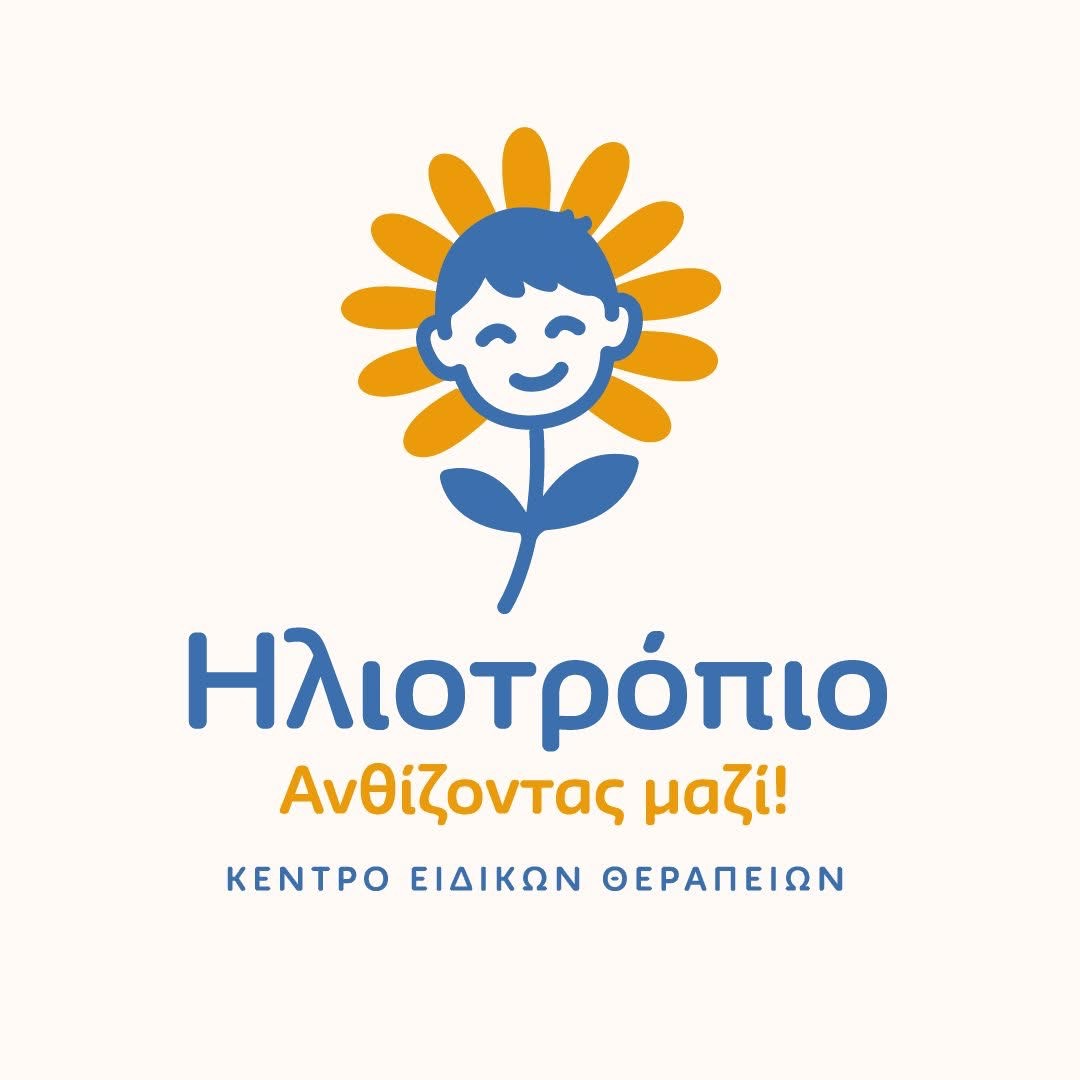Όπως κάθε άνθρωπος, ασχέτως ηλικίας, έτσι και ένας έφηβος, για να αποκτήσει αυτοεκτίμηση, αυτοσεβασμό και αυτοπεποίθηση, χρειάζεται να νιώσει πως ο περίγυρος και η οικογένειά του δείχνουν τη δέουσα προσοχή και σεβασμό στις απόψεις, στις επιλογές και στη συμπεριφορά του, κυρίως πριν δημιουργηθούν σοβαρά προβλήματα. Σε περίπτωση που δεν βιώσουν αυτόν το σεβασμό και την αποδοχή από το άμεσό τους περιβάλλον, μία συχνή έκβαση είναι η αναζήτηση φίλων με ανάλογα βιώματα προσωπικής απόρριψης και εσωτερικής μοναξιάς. Το επόμενο βήμα είναι συχνά η αναζήτηση σεβασμού, αποδοχής και θαυμασμού διαμέσου διαφόρων αντικοινωνικών συμπεριφορών με τη γνωστή κατάληξη…
Οι περισσότεροι άνθρωποι θα συμφωνούσαν με την άποψη πως οι γονείς θα πρέπει να είναι ανοιχτοί και συναισθηματικά ζεστοί με το παιδί τους, να επιδιώκουν μια αμφίδρομη επικοινωνία και να μην το κρίνουν συστηματικά και αλόγιστα για το παραμικρό, παρεμποδίζοντας ή αποκλείοντας την επικοινωνία αυτή. Συμβαίνει, όμως, κάτι τέτοιο στην πραγματικότητα;
Αυτό που κάνουν συχνά πολλοί γονείς εφήβων, που εμφανίζουν διάφορα κοινωνικά κυρίως προβλήματα, είναι να επικεντρώνονται στις προβληματικές συμπεριφορές του παιδιού τους στο σπίτι παρά σε αυτά που κάνει εκτός σπιτιού, κάτι για το οποίο πολλές φορές δεν έχουν επαρκή γνώση. Αυτό δεν οφείλεται, φυσικά, στην αδιαφορία των γονέων για το παιδί τους αλλά αποτελεί ένδειξη της έλλειψης επικοινωνίας και σχέσης εμπιστοσύνης ανάμεσα στον έφηβο και τους γονείς του. Όταν, τελικά, οι τελευταίοι μάθουν για τα προβλήματα του παιδιού τους εκτός σπιτιού, αντιδρούν συνήθως συναισθηματικά και παρορμητικά, εκφράζοντας μια πολύ έντονη ανησυχία, δείχνοντας πως δεν εμπιστεύονται το παιδί τους, ενοχοποιώντας το, αποσύροντας συχνά κάθε έκφραση αγάπης και τρυφερών συναισθημάτων προς αυτό, έχοντας έντονες εκρήξεις οργής ή επιβάλλοντας πολύ αυστηρά «αντίποινα», συχνά δυσανάλογα της περίστασης και χωρίς τη δέουσα συνέπεια και σταθερότητα. Όλα αυτά συνιστούν έναν άκρως αποτελεσματικό τρόπο να κάνουν το παιδί να μην θέλει να μας ξαναμιλήσει για τον εαυτό και τα προβλήματά του.
Κάτι άλλο που, επίσης, συμβαίνει σε ανάλογες περιπτώσεις παιδιών στην εφηβεία είναι η ενοχοποίησή τους από τους γονείς. Αυτό γίνεται συνήθως διαμέσου μιας παρατεταμένης σιωπής των γονιών για τα όσα τους αποκάλυψε/εμπιστεύθηκε το παιδί, διαμέσου υποτιμητικών σχολίων και σαρκασμών ή με το να αποφεύγουν το παιδί τους και να διατηρούν μια ψυχρή και απορριπτική στάση απέναντί του.
Εφηβεία : Προβλήματα και αντιμετώπιση
Είναι φυσικό και κατανοητό να αντιδρούν οι γονείς παρορμητικά και συναισθηματικά, τουλάχιστον αρχικά, όταν διαπιστώσουν κάποιο σοβαρό πρόβλημα στο παιδί τους. Το «παράδοξο» είναι, όμως, πως συχνά πολλοί γονείς, αντί να ενισχύσουν τα όρια και τον έλεγχο του παιδιού τους, αποφεύγουν σχεδόν συστηματικά να το πράξουν. Ένας από τους λόγους που συμβαίνει αυτό είναι ο φόβος των γονιών για τις έντονες αντιδράσεις του παιδιού, η ψυχική τους κόπωση και το αίσθημα ανημποριάς που συχνά τους διακατέχει. Οι γονείς αντιδρούν απέναντι στα παιδιά τους που βρίσκονται στην εφηβεία όπως οι άνθρωποι, γενικώς, απέναντι σε άλλους. Είμαστε, δηλαδή, πιο προσεγγιστικοί με άτομα που είναι πιο ανοιχτά και συναισθηματικά ζεστά, απ΄ ό,τι όταν συμβαίνει το αντίθετο. Έτσι, λοιπόν, οι γονείς, που βιώνουν τα παιδιά τους ως άτομα ζεστά και ανοιχτά, μπορούν ευκολότερα να βάλουν όρια, απ΄ό,τι όταν τα βιώνουν ως κλειστά, ψυχρά και απόμακρα άτομα.
Ένας ακόμη λόγος που οι γονείς αποφεύγουν να ασκήσουν πιο ενεργητικά το γονικό τους ρόλο, όταν το παιδί τους παρουσιάζει κάποιο πρόβλημα, μπορεί να είναι ο εξής: επειδή δεν αντέχουν την ψυχική φόρτιση που τους δημιουργείται εξαιτίας της δοκιμασίας που υπόκεινται οι αρχές και οι αξίες ζωής τους, υιοθετούν μια πιο ανεκτική στάση απέναντι στο πρόβλημα του παιδιού τους, εκλογικεύοντάς το. Για παράδειγμα, αν το παιδί τους αρχίζει να εθίζεται στο αλκοόλ, μπορεί να υιοθετήσουν μια στάση του τύπου «Λίγο-πολύ, όλα τα παιδιά αυτής της ηλικίας πίνουν στις μέρες μας» κ.ά., και με τον τρόπο αυτόν να ανέχονται ευκολότερα το πρόβλημα που αντιμετωπίζουν και την ανημποριά τους, αλλά και τιθασεύουν, κατά κάποιον τρόπο, τους φόβους και τις ανησυχίες τους.
Ποιες είναι, όμως, οι συνέπειες των αντιδράσεων και της στάσης των γονιών που περιγράψαμε; Περιορίζουν ή διευρύνουν τα προβλήματα του παιδιού; Οι διάφορες έρευνες δείχνουν πως, με τους παραπάνω τρόπους αντιμετώπισης, τα προβλήματα των παιδιών παραμένουν ως έχουν ή ακόμα και αυξάνονται. Ως εκ τούτου, δημιουργείται ένας φαύλος κύκλος που δύσκολα σπάει.
Εφηβεία : Προβλήματα και αντιμετώπιση
Ποια συμπεράσματα μπορούμε να βγάλουμε, λοιπόν, βάσει των παραπάνω διαπιστώσεων, όσον αφορά στην πρόληψη και στην αποτελεσματικότερη αντιμετώπιση των διαφόρων κοινωνικών προβλημάτων των εφήβων; Από τη στιγμή που τα προβλήματα του εφήβου φαίνεται πως αυξάνονται από τις αρνητικές αντιδράσεις των γονιών, οι όποιες προληπτικές παρεμβάσεις θα πρέπει να συμπεριλαμβάνουν τη στήριξη των γονιών -ώστε να αποφεύγουν αντιδράσεις που εκφράζουν σαρκασμό, απαξίωση, οργή, ενοχοποίηση και συναισθηματική απομόνωση του παιδιού τους- καθώς και τη δημιουργία μιας ανοιχτής και καλής επικοινωνίας μαζί του. Οι περισσότερες έρευνες δείχνουν πως οι πιθανότητες να μειωθούν σημαντικά ανάλογα προβλήματα παιδιών στην εφηβεία είναι μεγάλες, όταν οι γονείς προσπαθούν να κατανοήσουν με ένα σταθερό, αποφασιστικό και ήρεμο τρόπο το τι σκέφτεται, νιώθει και επιθυμεί το παιδί τους.
Σε περίπτωση που ως γονείς αντιμετωπίζετε κάποιο πρόβλημα με το παιδί σας που σας ανησυχεί, δοκιμάστε τα παρακάτω:
– Μιλήστε μαζί του άμεσα, μη χάνετε πολύτιμο χρόνο.
– Προσπαθήστε να καταλάβετε τους πιθανούς λόγους που οδήγησαν το παιδί στην κατάσταση που βρίσκεται. Προσπαθήστε να δείτε τα πράγματα από την οπτική του παιδιού.
– Μιλήστε διεξοδικά μαζί του με τρόπο που δεν θα προκαλέσει νέες εντάσεις.
– Εκφράστε ανοιχτά και με σαφήνεια το πώς βλέπετε τα πράγματα, αλλά δείξτε πως είστε ανοιχτοί και για κάθε είδους συζήτηση και άποψη. Αποφύγετε τις συγκρούσεις.
Το σημαντικότερο είναι να προσπαθούμε να βλέπουμε τα πράγματα από την οπτική του παιδιού. Εάν το παιδί νιώσει πως οι γονείς του προσπαθούν ειλικρινά να κατανοήσουν τον τρόπο που αυτό σκέφτεται, νιώθει και βλέπει τα πράγματα, τότε ξεδιπλώνονται πραγματικά οι προϋποθέσεις για μια ειλικρινή και ουσιαστική επικοινωνία. Μια τέτοια έκβαση θα δώσει την ευκαιρία στο παιδί να απευθυνθεί σε εμάς, εφόσον και όταν αντιμετωπίζει κάποιο πρόβλημα που δεν μπορεί να διαχειρισθεί από μόνο του. Εάν αυτό συμβεί, τότε έχουμε γίνει, ως γονείς, πρόσβαση και πρότυπο για το παιδί μας.
Πηγή:i-psyxologos.gr
Για την υπηρεσία online ψυχολόγος , (online συνεδρίες), κάντε κλικ ΕΔΩ
Για ραντεβού στο γραφείο του Σάββα Ν. Σαλπιστή , Ph.D. , κάντε κλικ ΕΔΩ
Σάββας Ν. Σαλπιστής, Ph.D., Κλινικός Ψυχολόγος – Ψυχοθεραπευτής
Κλινικός Ψυχολόγος Πανεπιστημίου Στοκχόλμης
Διπλωματούχος Ψυχοθεραπευτής
Βασιλικού Ιατροχειρουργικού Ινστιτούτου Karolinska Στοκχόλμης





























